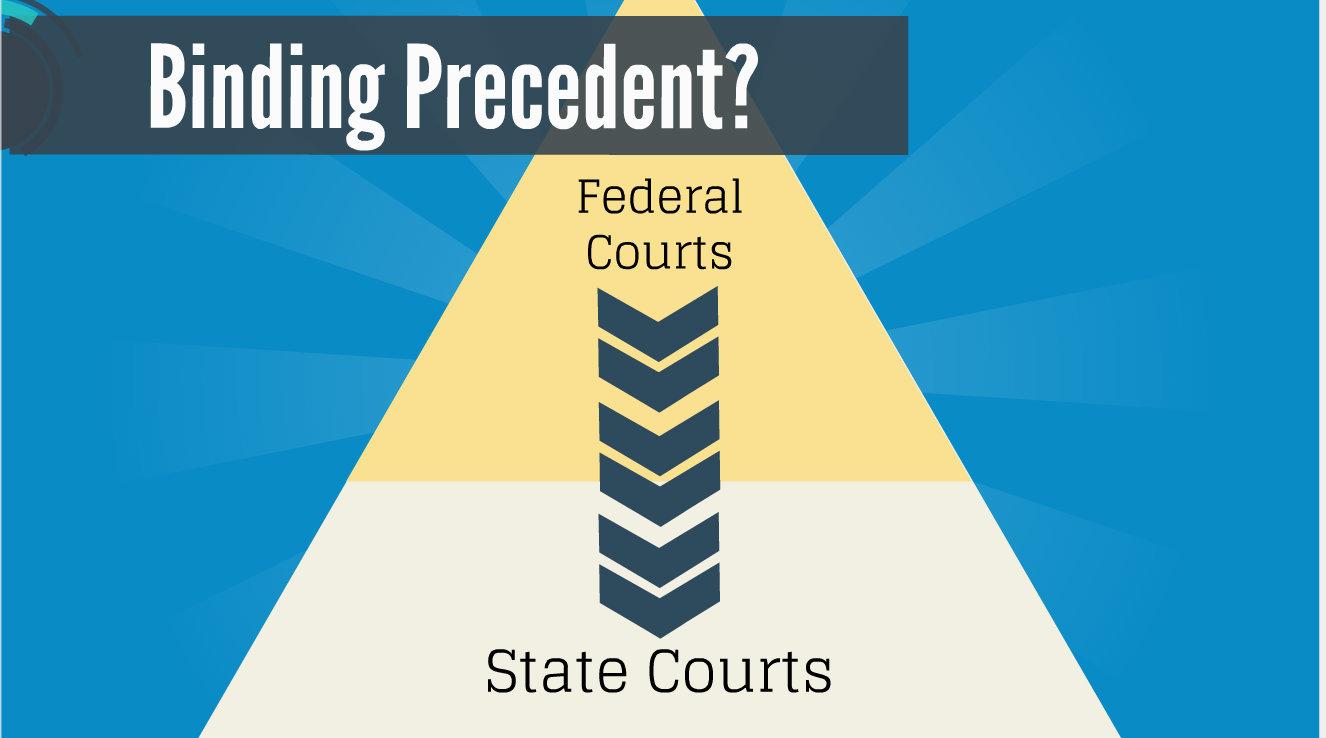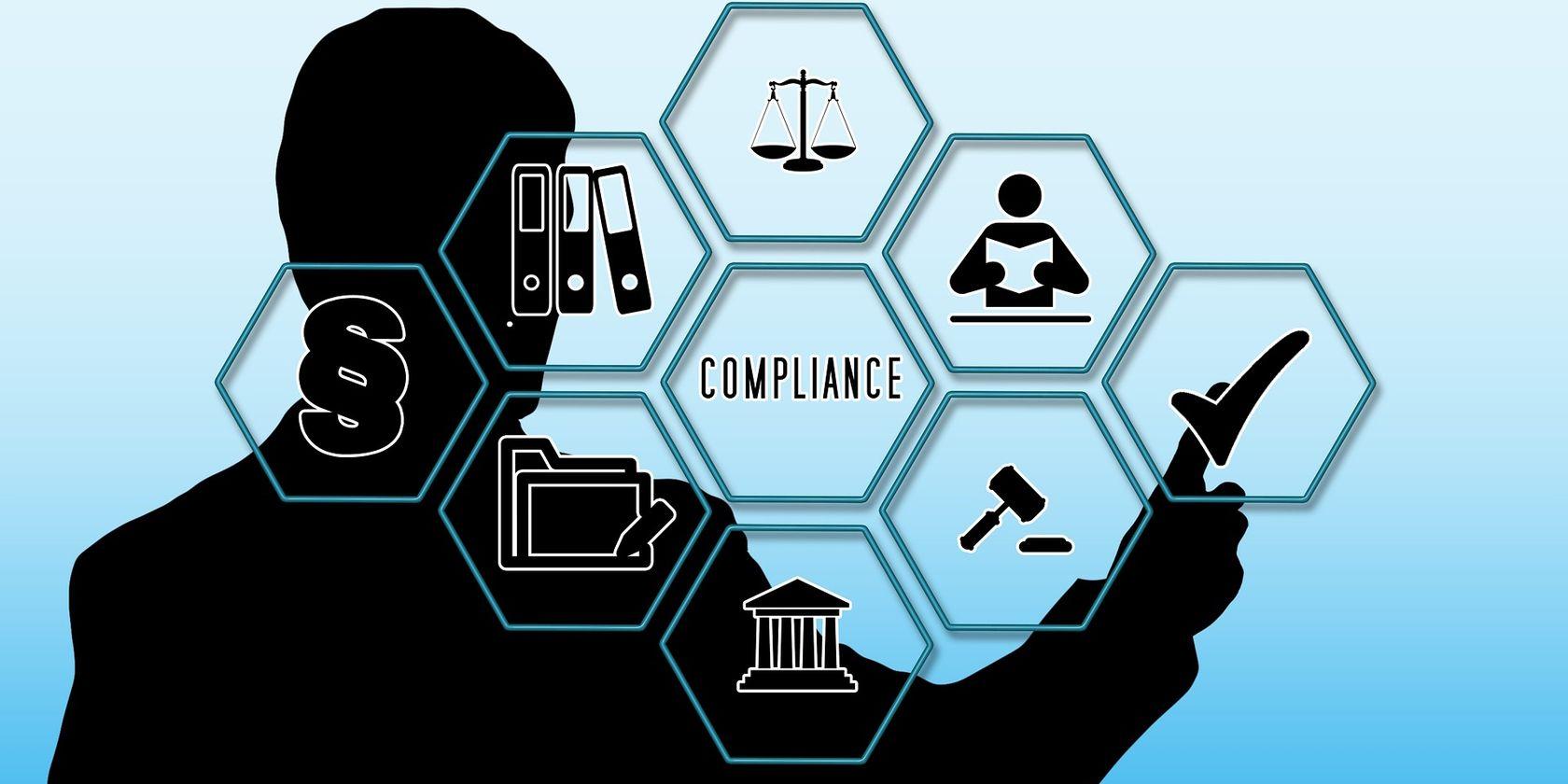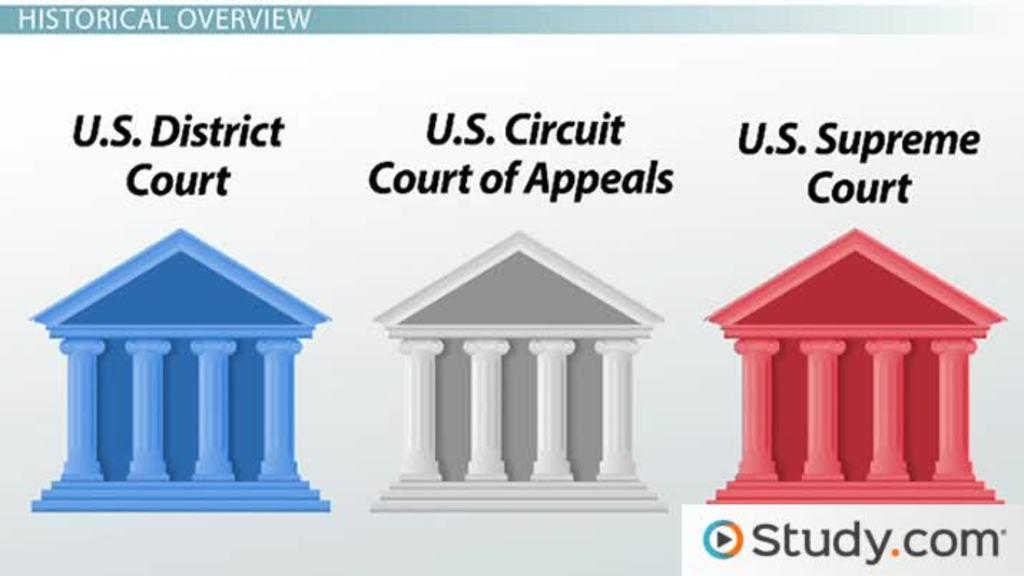In an unprecedented legal decision that echoes through the corridors of financial regulation and digital innovation, a federal court has ruled the U.S. Treasury’s sanctions against the cryptocurrency mixing service Tornado Cash as unlawful. This landmark ruling not only challenges the government’s authority to impose sweeping restrictions on digital platforms but also raises critical questions about privacy, security, and the evolving landscape of blockchain technology. As the world increasingly grapples with the implications of cryptocurrency and its myriad uses, the court’s findings signal a potential shift in how regulators may approach the delicate balance between combating illicit activities and fostering an open, innovative financial ecosystem. In this article, we explore the details of the ruling, the arguments presented, and the broader ramifications for both the cryptocurrency industry and regulatory frameworks moving forward.
Table of Contents
- Understanding the Legal Implications of the Federal Courts Ruling on Treasury Sanctions
- Examining the Impact of Tornado Cashs Legal Status on the Cryptocurrency Landscape
- Recommendations for Policy Adjustments in the Wake of Court Declared Unlawfulness
- Future Prospects: Navigating Compliance and Innovation in the Cryptocurrency Space
- Q&A
- The Conclusion

Understanding the Legal Implications of the Federal Courts Ruling on Treasury Sanctions
The recent ruling by the federal court that deemed the Treasury sanctions on Tornado Cash unlawful has significant legal implications that reverberate through the financial and crypto industries. This decision challenges the boundaries of regulatory power, especially regarding how instruments of compliance are applied to innovative technologies like blockchain. The court’s interpretation suggests that the government’s actions may have overstepped constitutional protections, raising critical questions about due process and the rights of individuals engaged in legitimate financial transactions. Stakeholders should consider the following factors:
- Impact on Regulatory Framework: The ruling could prompt a reevaluation of existing laws and regulations regarding digital assets.
- Increased Scrutiny of Future Sanctions: The case sets a precedent for potential legal challenges against future Treasury actions.
- Implications for Anonymity Technologies: Discussions around privacy in financial transactions are likely to intensify.
Moreover, this ruling could potentially alter how government entities approach the enforcement of sanctions. The implications extend beyond Tornado Cash itself, as similar technologies may now face less stringent scrutiny, which could affect the overall risk landscape for cryptocurrencies. Legal frameworks may evolve, compelling lawmakers to adapt their strategies to ensure compliance while respecting individual rights. A breakdown of the ruling’s potential impacts can be summarized as follows:
| Potential Impact | Description |
|---|---|
| Increased Innovation | Companies may feel empowered to create privacy-focused technologies without fear of punitive measures. |
| Legislative Changes | Lawmakers may be urged to draft clearer regulations that delineate acceptable privacy practices. |
| Stakeholder Engagement | Communities around blockchain projects might engage more actively in advocacy efforts to protect their interests. |

Examining the Impact of Tornado Cashs Legal Status on the Cryptocurrency Landscape
The recent federal court ruling declaring the sanctions imposed by the Treasury on Tornado Cash as unlawful marks a pivotal moment in the ongoing dialog surrounding regulatory frameworks in the cryptocurrency sphere. This decision not only challenges the preconceived notion of how DeFi platforms can operate under federal scrutiny but also raises critical questions about the extent of governmental power over decentralized technologies. The potential reclassification of Tornado Cash may lead to a ripple effect across other decentralized finance projects, prompting developers and investors to reconsider the implications of compliance and the inherent risks of operating in a heavily regulated environment.
As the cryptocurrency ecosystem evolves, stakeholders must navigate a complex interplay between innovation and regulation. The ruling underscores the necessity for clarity on the legal status of privacy-focused tools within the crypto space, which could either advance or hinder the growth of sustainable applications in the industry. Key considerations moving forward include:
- The role of privacy protocols: How will the legal recognition of such protocols influence user behavior and adoption rates?
- Regulatory adaptability: Can regulations keep pace with technological advancements while ensuring user protection?
- Implications for compliance: What new frameworks will emerge for DeFi projects post-ruling?
| Factor | Potential Outcome |
|---|---|
| Legal Precedents | More clarity on privacy tools usage |
| Investor Confidence | Increased investments in compliant projects |
| Marketplace Dynamics | Shift towards decentralized solutions |

Recommendations for Policy Adjustments in the Wake of Court Declared Unlawfulness
The recent federal court ruling that declared the Treasury’s sanctions on Tornado Cash unlawful presents an opportunity for legal and regulatory reform to enhance the effectiveness and fairness of financial policies. Given the complexities surrounding cryptocurrency and the need for a balanced approach, policymakers should consider revising existing frameworks to ensure they address the dynamic landscape of digital assets while safeguarding individual rights. Key adjustments may include:
- Enhanced Transparency: Establish clearer guidelines on the processes that lead to sanctioning decisions.
- Public Consultation: Involve community stakeholders in developing regulations that impact the cryptocurrency ecosystem.
- Framework Responsiveness: Create mechanisms for regular review and adjustment of policies to adapt to new technologies and threats.
Moreover, to further support compliance and innovation within this space, the government might consider implementing educational initiatives that inform all stakeholders about the legal landscape of digital currencies. A dedicated task force could oversee the development of strategies that promote innovation while protecting against illicit uses of technology. These initiatives can include:
| Initiative | Description |
|---|---|
| Community Workshops | Host sessions aimed at educating stakeholders on compliance and best practices. |
| Collaborative Research | Partner with academic institutions to analyse the impact of blockchain technology. |
| Resource Centers | Create platforms for accessible information regarding regulations and obligations. |

Future Prospects: Navigating Compliance and Innovation in the Cryptocurrency Space
The recent ruling by a federal court that deemed the Treasury’s sanctions on Tornado Cash unlawful raises significant implications for the cryptocurrency industry. Stakeholders in this rapidly evolving field must now navigate the delicate balance between regulatory compliance and the drive for innovation. As court decisions set precedents, companies are encouraged to reassess their risk management strategies and compliance frameworks. This evolving landscape necessitates a more adaptable approach to regulatory requirements that embraces technological advancements while ensuring security and transparency.
In light of this ruling, the industry may prioritize proactive engagement with regulators to create frameworks that are both effective and conducive to innovation. Here are essential considerations for stakeholders moving forward:
- Collaborative Efforts: Establishing open lines of communication with regulatory bodies.
- Enhanced Risk Assessment: Developing robust tools to identify regulatory risks.
- Innovation-Friendly Policies: Advocating for legislation that supports technological advancements.
- Community Engagement: Involving the broader cryptocurrency community in discussions about compliance and innovation.
| Aspect | Impact of the Ruling |
|---|---|
| Regulatory Clarity | Potential for clearer guidelines for DeFi platforms. |
| User Trust | Boost in confidence among users regarding financial privacy. |
| Investment Climate | May attract more investment into compliant crypto solutions. |
Q&A
Q&A: Federal Court Declares Treasury Sanctions on Tornado Cash Unlawful
Q1: What was the central ruling made by the federal court regarding Tornado Cash?
A1: The federal court ruled that the sanctions imposed by the U.S. Treasury on Tornado Cash, a decentralized cryptocurrency mixing service, were unlawful. The court found that the sanctions infringed upon individuals’ rights to due process, as they targeted a software program rather than specific individuals or entities.
Q2: Why did the U.S. Treasury impose sanctions on Tornado Cash in the first place?
A2: The U.S. Treasury designated Tornado Cash as a sanctioned entity in August 2022, alleging that it was facilitating money laundering and providing services for cybercriminals by obscuring the origins of cryptocurrency transactions. The Treasury argued that this technology undermined efforts to combat illicit finance.
Q3: What implications does this ruling have for cryptocurrency regulation?
A3: The ruling could set a significant precedent in how regulatory bodies approach software and technology in the realm of cryptocurrency. It raises questions about the legality of targeting protocols or applications with sanctions, potentially leading to a reevaluation of existing frameworks regarding digital asset governance.
Q4: How did the court justify its decision?
A4: The court justified its decision by emphasizing the importance of due process, arguing that software, being a medium of expression, should not be subject to broad sanctions without clear evidence of wrongdoing. The ruling highlighted the necessity for regulators to differentiate between individuals and technologies themselves, especially in cases where the use of such technologies can have legitimate applications.
Q5: What reactions have been observed following this court decision?
A5: Reactions to the ruling have been mixed. Proponents of cryptocurrency and digital privacy celebrated the decision as a victory for innovation and individual rights. However, some regulatory experts expressed concerns about the potential ramifications for law enforcement and oversight in the decentralized financial space. The ruling has sparked discussions about balancing security with technological freedom.
Q6: What might be the next steps following this ruling?
A6: In light of this ruling, it remains to be seen how the U.S. Treasury will respond. Potential next steps could include an appeal or a comprehensive review of the regulatory approach to cryptocurrency technologies. Additionally, lawmakers may seek to clarify legislation regarding digital assets to address the challenges and complexities highlighted by this case.
Q7: Can users of Tornado Cash expect any changes in their operations following this ruling?
A7: While the ruling may relieve some concerns regarding legal repercussions for Tornado Cash users, it is crucial for users to remain aware of the broader landscape of cryptocurrency regulation. As authorities continue to craft policies around digital assets, users should stay informed about operational guidelines and compliance requirements.
Q8: What does this case reveal about the evolving relationship between technology and law?
A8: The case exemplifies the growing tension between innovative technologies and regulatory frameworks. As digital assets and decentralized applications continue to evolve, law enforcement and judges may face challenges in applying traditional legal concepts to modern technologies. This underscores the need for adaptable legal frameworks that can keep pace with technological advancements.
The Conclusion
the federal court’s ruling on the Treasury sanctions against Tornado Cash marks a significant moment in the ongoing dialog surrounding digital currencies and financial regulation. As the intersection of technology and law continues to evolve, this decision not only impacts the future of decentralized finance but also sets a precedent for how authorities may address compliance in an increasingly complex landscape. Moving forward, stakeholders on all sides will be watching closely to see how this ruling influences regulatory frameworks and the broader implications for privacy, security, and innovation in the cryptocurrency space. The legal battles may not be over, but one thing is clear: the conversation surrounding the balance of transparency, compliance, and individual rights in the digital age has only just begun.

stromectol 3 mg tablet – stromectol generic name brand tegretol 400mg
brand accutane 10mg – decadron tablet purchase zyvox pill
cheap amoxicillin generic – buy valsartan pills ipratropium 100mcg canada
order generic zithromax – buy cheap nebivolol cost bystolic 20mg
order prednisolone pill – azithromycin brand progesterone for sale
order generic neurontin 100mg – clomipramine 50mg brand sporanox 100 mg cheap
buy furosemide 100mg online – piracetam 800mg ca buy betamethasone 20gm without prescription
order doxycycline online – generic glipizide 10mg order glucotrol 10mg sale
amoxiclav buy online – ketoconazole 200 mg over the counter cymbalta usa
augmentin 375mg usa – ketoconazole 200mg cost cost duloxetine
semaglutide 14 mg uk – vardenafil price order periactin 4mg generic
buy cheap generic tizanidine – buy generic tizanidine for sale buy hydrochlorothiazide 25mg sale
viagra pills 25mg – purchase viagra sale cialis 5mg tablet
purchase cialis – cialis from india purchase viagra online
cenforce 100mg oral – buy cenforce generic order metformin 500mg generic
lipitor 20mg cost – brand atorvastatin zestril 5mg uk
buy prilosec generic – how to get tenormin without a prescription tenormin usa
generic methylprednisolone – buy generic pregabalin online purchase aristocort online
clarinex 5mg generic – order generic priligy 30mg generic priligy 90mg
cytotec price – order cytotec 200mcg generic diltiazem 180mg brand
zovirax 800mg canada – buy generic acyclovir 400mg rosuvastatin 20mg price
motilium cost – buy sumycin 500mg pills flexeril 15mg generic
order domperidone 10mg online cheap – purchase tetracycline without prescription cyclobenzaprine sale
buy propranolol generic – methotrexate without prescription where can i buy methotrexate
coumadin cheap – losartan pill hyzaar over the counter
nexium online – esomeprazole 40mg over the counter imitrex medication
levaquin 250mg tablet – levaquin oral zantac 300mg oral
order meloxicam 15mg pills – order tamsulosin 0.2mg online cheap buy cheap generic tamsulosin
buy zofran 8mg sale – order aldactone generic zocor 20mg ca
valacyclovir 500mg over the counter – buy fluconazole 100mg online cheap diflucan 100mg cheap
provigil 200mg tablet buy provigil 100mg provigil 100mg ca buy generic modafinil 100mg order provigil 100mg sale buy modafinil paypal buy modafinil 200mg
Thanks an eye to sharing. It’s acme quality.
More articles like this would remedy the blogosphere richer.
brand zithromax 250mg – buy ofloxacin 200mg online flagyl 200mg pill
semaglutide 14mg ca – order cyproheptadine 4 mg buy periactin 4mg sale
purchase domperidone online cheap – buy cyclobenzaprine without prescription cyclobenzaprine 15mg ca
how to buy inderal – clopidogrel 75mg generic purchase methotrexate for sale
cheap generic amoxicillin – order diovan 160mg sale oral combivent 100mcg
order zithromax 500mg generic – order zithromax 500mg generic buy cheap nebivolol
clavulanate where to buy – atbioinfo.com ampicillin drug
purchase esomeprazole generic – anexa mate buy nexium generic
buy warfarin sale – https://coumamide.com/ cheap cozaar
order meloxicam without prescription – moboxsin.com order meloxicam 15mg
deltasone 10mg pill – https://apreplson.com/ deltasone 20mg sale
cheap ed pills – https://fastedtotake.com/ best place to buy ed pills online
amoxil online buy – https://combamoxi.com/ amoxil uk
order fluconazole 200mg generic – https://gpdifluca.com/ buy fluconazole 200mg generic
order cenforce 50mg sale – this cenforce 100mg for sale
generic tadalafil tablet or pill photo or shape – https://ciltadgn.com/# cialis as generic
buy ranitidine – on this site ranitidine 150mg ca
buy viagra walgreens – buy viagra queensland buy viagra in dubai
I’ll certainly bring back to skim more. https://buyfastonl.com/azithromycin.html
This is the stripe of content I take advantage of reading. synthroid 50 mg para que sirve